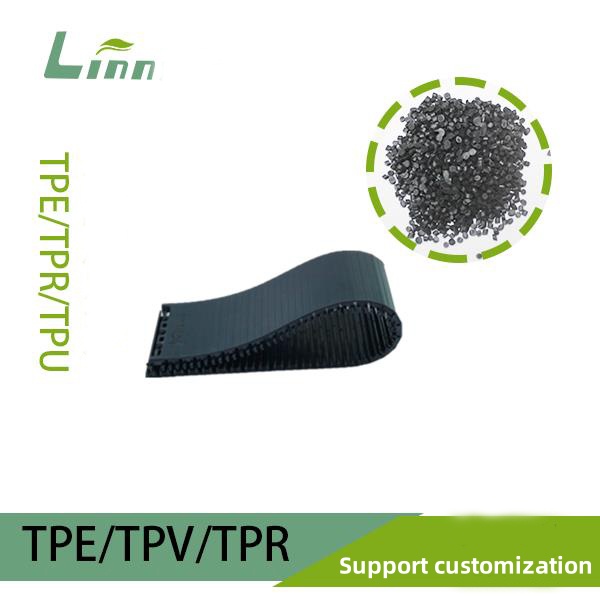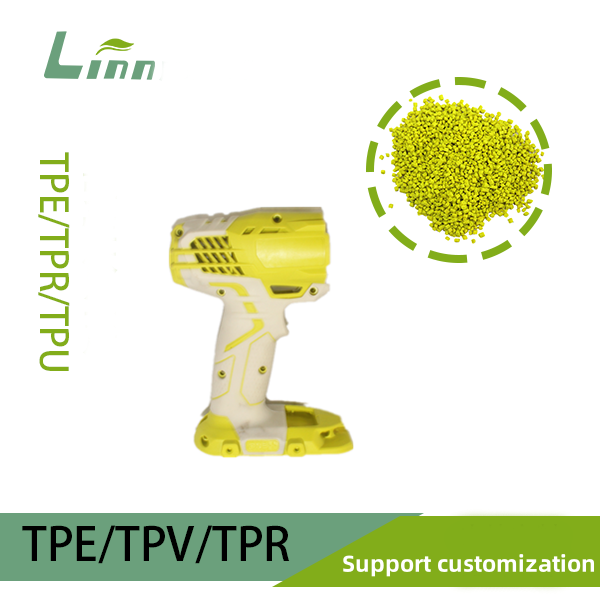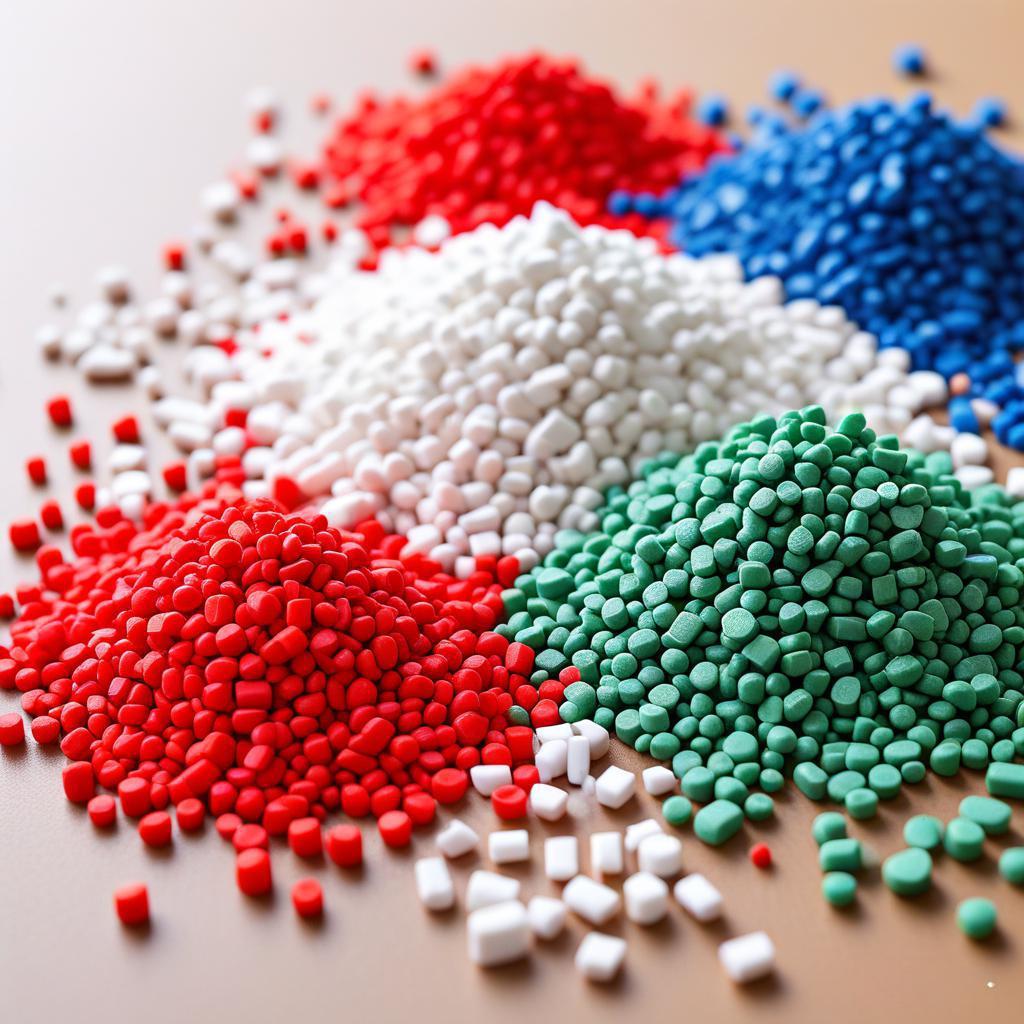In the dynamic world of polymer science and materials engineering, Thermoplastic Elastomers (TPEs) have emerged as a versatile and innovative class of materials. As a seasoned expert in this field, I’ve often been asked about the path to becoming a qualified TPE formulation engineer. This role demands a unique blend of technical knowledge, creativity, and problem-solving skills. In this article, I’ll share my insights and experiences on how to embark on this exciting career journey, covering the essential skills, knowledge, and mindset required to excel as a TPE formulation engineer.
Understanding the Role of a TPE Formulation Engineer
Before diving into the specifics of how to become a qualified TPE formulation engineer, it’s crucial to understand what this role entails.

What Does a TPE Formulation Engineer Do?
A TPE formulation engineer is responsible for designing, developing, and optimizing TPE formulations to meet specific performance requirements. This involves selecting the appropriate polymers, additives, and fillers, as well as determining the optimal processing conditions to achieve the desired properties of the final TPE product.
Key responsibilities of a TPE formulation engineer include:
Formulation Design: Creating new TPE formulations or modifying existing ones to meet specific performance criteria, such as mechanical strength, flexibility, heat resistance, or chemical resistance.
Material Selection: Choosing the right polymers, additives, and fillers based on their properties, compatibility, and cost-effectiveness.
Process Optimization: Determining the best processing conditions, such as temperature, pressure, and mixing time, to ensure consistent and high-quality TPE products.
Testing and Evaluation: Conducting various tests to evaluate the performance of TPE formulations, including mechanical testing, thermal analysis, and chemical resistance testing.
Problem-Solving: Troubleshooting formulation and processing issues, identifying root causes, and implementing solutions to improve product quality and performance.
The Importance of TPE Formulation Engineers
TPE formulation engineers play a critical role in the development and commercialization of TPE products. Their expertise is essential for ensuring that TPEs meet the specific requirements of various industries, such as automotive, consumer goods, medical devices, and construction. By optimizing TPE formulations, they can enhance product performance, reduce costs, and improve sustainability.
Essential Skills and Knowledge for a TPE Formulation Engineer
To become a qualified TPE formulation engineer, you’ll need to acquire a diverse set of skills and knowledge. Here are some of the key areas to focus on:
1. Polymer Science and Chemistry
A solid foundation in polymer science and chemistry is essential for understanding the structure, properties, and behavior of TPEs. You’ll need to learn about different types of polymers, their molecular structures, and how they interact with each other and with additives and fillers. Additionally, you should be familiar with polymer synthesis, modification, and processing techniques.
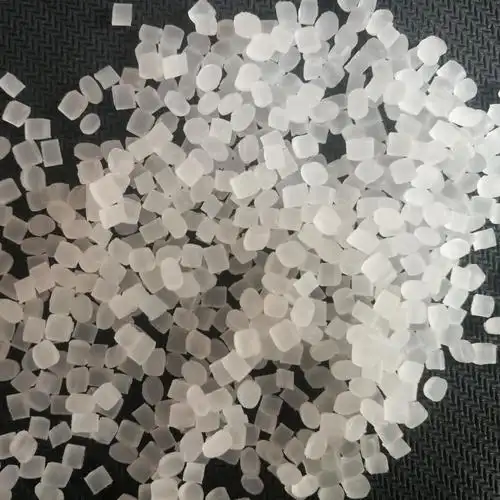
2. Material Selection and Characterization
Knowing how to select the right materials for a TPE formulation is crucial. This involves understanding the properties of various polymers, additives, and fillers, as well as their compatibility and cost-effectiveness. You’ll also need to be proficient in material characterization techniques, such as differential scanning calorimetry (DSC), thermogravimetric analysis (TGA), and Fourier-transform infrared spectroscopy (FTIR), to evaluate the properties of TPE formulations.
3. Formulation Design and Optimization
Formulation design and optimization are at the heart of a TPE formulation engineer’s role. You’ll need to learn how to design TPE formulations that meet specific performance requirements, such as mechanical strength, flexibility, heat resistance, or chemical resistance. This involves understanding the relationships between formulation components and their effects on TPE properties, as well as using statistical design of experiments (DOE) and other optimization techniques to refine formulations.
4. Processing and Manufacturing
Understanding the processing and manufacturing of TPEs is essential for ensuring consistent and high-quality products. You’ll need to learn about different processing techniques, such as injection molding, extrusion, and blow molding, as well as the equipment and parameters used in these processes. Additionally, you should be familiar with quality control and assurance methods to monitor and improve product quality.
5. Problem-Solving and Critical Thinking
As a TPE formulation engineer, you’ll encounter various challenges and problems that require creative solutions. You’ll need to develop strong problem-solving and critical thinking skills to identify root causes, evaluate alternative solutions, and implement effective fixes. This involves being able to analyze data, think critically, and make informed decisions under pressure.
6. Communication and Collaboration
Effective communication and collaboration are essential for success as a TPE formulation engineer. You’ll need to work closely with cross-functional teams, including researchers, engineers, marketers, and customers, to understand their needs and expectations, share information, and collaborate on projects. Additionally, you should be able to present your findings and recommendations clearly and concisely, both verbally and in writing.
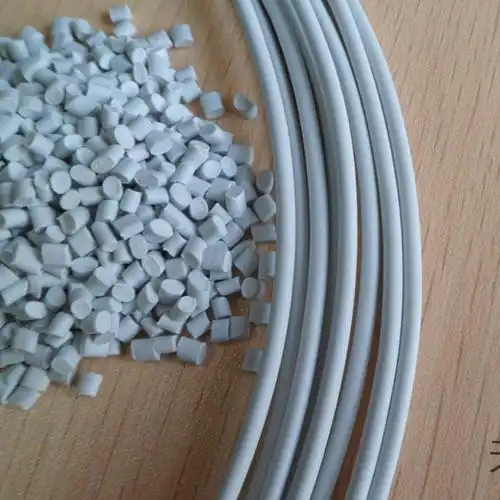
Steps to Become a Qualified TPE Formulation Engineer
Now that you understand the essential skills and knowledge required for a TPE formulation engineer, let’s explore the steps you can take to embark on this career journey.
1. Obtain a Relevant Education
A solid educational background is the foundation for a career as a TPE formulation engineer. You’ll need to earn a bachelor’s degree in polymer science, chemistry, materials science, or a related field. Some employers may prefer candidates with a master’s degree or Ph.D., especially for more advanced or research-oriented positions.
During your studies, focus on courses that cover polymer science, chemistry, material characterization, formulation design, and processing techniques. Additionally, seek out opportunities to gain hands-on experience through internships, co-op programs, or research projects.
2. Gain Practical Experience
Practical experience is invaluable for developing the skills and knowledge needed to become a qualified TPE formulation engineer. Look for entry-level positions or internships in the polymer or materials industry, where you can gain exposure to TPE formulation, processing, and testing.
During your practical experience, focus on learning about different TPE formulations, their properties, and their applications. Additionally, seek out opportunities to work on projects that involve formulation design, optimization, and problem-solving. This will help you develop the skills and confidence needed to excel in this role.
3. Stay Updated with Industry Trends and Technologies
The polymer and materials industry is constantly evolving, with new technologies, materials, and applications emerging regularly. As a TPE formulation engineer, it’s essential to stay updated with the latest industry trends and technologies to remain competitive and relevant.
Subscribe to industry publications, attend conferences and seminars, and join professional organizations to stay informed about the latest developments in TPE formulation and processing. Additionally, consider pursuing continuing education courses or certifications to enhance your knowledge and skills.
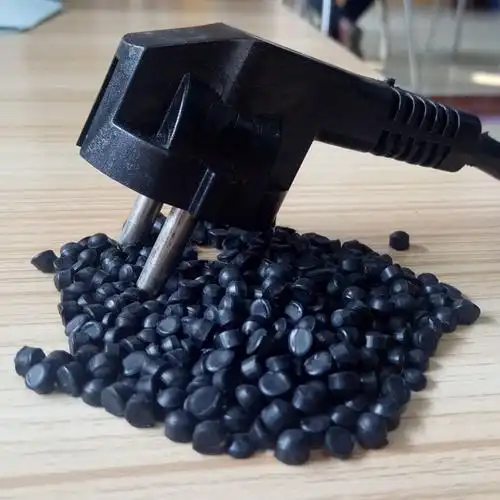
4. Build a Strong Network
Networking is crucial for career advancement and professional growth. As a TPE formulation engineer, you’ll benefit from building a strong network of colleagues, mentors, and industry experts.
Attend industry events, join professional organizations, and participate in online forums and communities to connect with other professionals in the field. Additionally, seek out mentorship opportunities to learn from experienced TPE formulation engineers and gain valuable insights and advice.
5. Develop a Portfolio of Projects
A portfolio of projects is a great way to showcase your skills, knowledge, and experience as a TPE formulation engineer. As you gain practical experience, document your projects, including the formulation design, testing results, and problem-solving approaches.
Use your portfolio to demonstrate your ability to design and optimize TPE formulations, solve complex problems, and deliver high-quality products. Additionally, share your portfolio with potential employers or clients to showcase your capabilities and expertise.
6. Pursue Professional Certifications
Professional certifications can enhance your credibility and marketability as a TPE formulation engineer. Look for certifications offered by reputable organizations, such as the Society of Plastics Engineers (SPE) or the American Chemical Society (ACS).
Certifications may cover areas such as polymer science, material characterization, formulation design, or processing techniques. Earning a certification can demonstrate your commitment to professional development and your expertise in a specific area of TPE formulation and processing.

Table: Key Skills and Knowledge Areas for TPE Formulation Engineers
To provide a more structured overview of the essential skills and knowledge areas for TPE formulation engineers, I’ve compiled the following table.
| Skill/Knowledge Area | Description |
|---|---|
| Polymer Science and Chemistry | Understanding of polymer structure, properties, and behavior, as well as polymer synthesis and modification techniques. |
| Material Selection and Characterization | Ability to select appropriate polymers, additives, and fillers based on their properties, compatibility, and cost-effectiveness, as well as proficiency in material characterization techniques. |
| Formulation Design and Optimization | Skills in designing TPE formulations that meet specific performance requirements, using statistical design of experiments (DOE) and other optimization techniques. |
| Processing and Manufacturing | Knowledge of different processing techniques, equipment, and parameters used in TPE manufacturing, as well as quality control and assurance methods. |
| Problem-Solving and Critical Thinking | Ability to identify root causes of problems, evaluate alternative solutions, and implement effective fixes using data analysis and critical thinking. |
| Communication and Collaboration | Skills in communicating effectively with cross-functional teams, presenting findings and recommendations clearly, and collaborating on projects. |
Overcoming Challenges and Staying Motivated
As with any career, becoming a qualified TPE formulation engineer comes with its share of challenges. Here are some tips for overcoming these challenges and staying motivated:
1. Embrace Continuous Learning
The polymer and materials industry is constantly evolving, so it’s essential to embrace continuous learning. Stay updated with the latest industry trends, technologies, and best practices through courses, seminars, and publications. This will help you stay ahead of the curve and remain competitive in the job market.
2. Seek Feedback and Mentorship
Feedback and mentorship are invaluable for personal and professional growth. Seek out feedback from colleagues, mentors, and supervisors to identify areas for improvement and gain valuable insights. Additionally, look for mentorship opportunities to learn from experienced TPE formulation engineers and gain guidance and support.
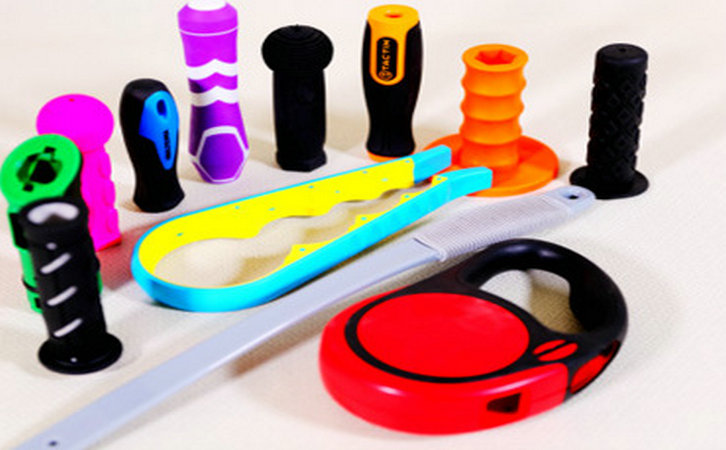
3. Stay Curious and Creative
Curiosity and creativity are essential for innovation and problem-solving. Stay curious about new materials, technologies, and applications, and be open to exploring new ideas and approaches. Additionally, cultivate your creativity by brainstorming solutions to problems and thinking outside the box.
4. Maintain a Positive Attitude
A positive attitude can go a long way in overcoming challenges and staying motivated. Focus on your strengths and accomplishments, and use setbacks as opportunities to learn and grow. Additionally, surround yourself with positive and supportive colleagues and mentors to help you stay motivated and engaged.
5. Set Goals and Track Progress
Setting goals and tracking progress can help you stay focused and motivated. Identify short-term and long-term goals for your career, such as earning a certification, completing a project, or advancing to a higher position. Additionally, track your progress towards these goals and celebrate your achievements along the way.
Related Q&A
Q1: What are the career prospects for TPE formulation engineers?
A1: The career prospects for TPE formulation engineers are promising, with opportunities in various industries, such as automotive, consumer goods, medical devices, and construction. As the demand for innovative and sustainable materials continues to grow, TPE formulation engineers will play a critical role in developing and commercializing new TPE products.
Q2: How can I gain practical experience in TPE formulation and processing?
A2: You can gain practical experience in TPE formulation and processing through internships, co-op programs, or entry-level positions in the polymer or materials industry. Additionally, seek out research projects or opportunities to work on TPE-related projects at your university or research institution.
Q3: What are some common challenges faced by TPE formulation engineers?
A3: Common challenges faced by TPE formulation engineers include selecting the right materials for a specific application, optimizing formulations to meet performance requirements, troubleshooting processing issues, and staying updated with the latest industry trends and technologies.
Q4: How important is creativity in the role of a TPE formulation engineer?
A4: Creativity is crucial for a TPE formulation engineer, as it enables them to design innovative formulations, solve complex problems, and develop new applications for TPEs. By thinking outside the box and exploring new ideas and approaches, TPE formulation engineers can contribute to the advancement of the field and drive innovation.
Q5: What are some tips for advancing in a career as a TPE formulation engineer?
A5: To advance in a career as a TPE formulation engineer, focus on developing your technical skills and knowledge, gaining practical experience, building a strong network, and pursuing professional certifications. Additionally, stay curious and creative, embrace continuous learning, and seek out opportunities to lead projects and mentor others.

